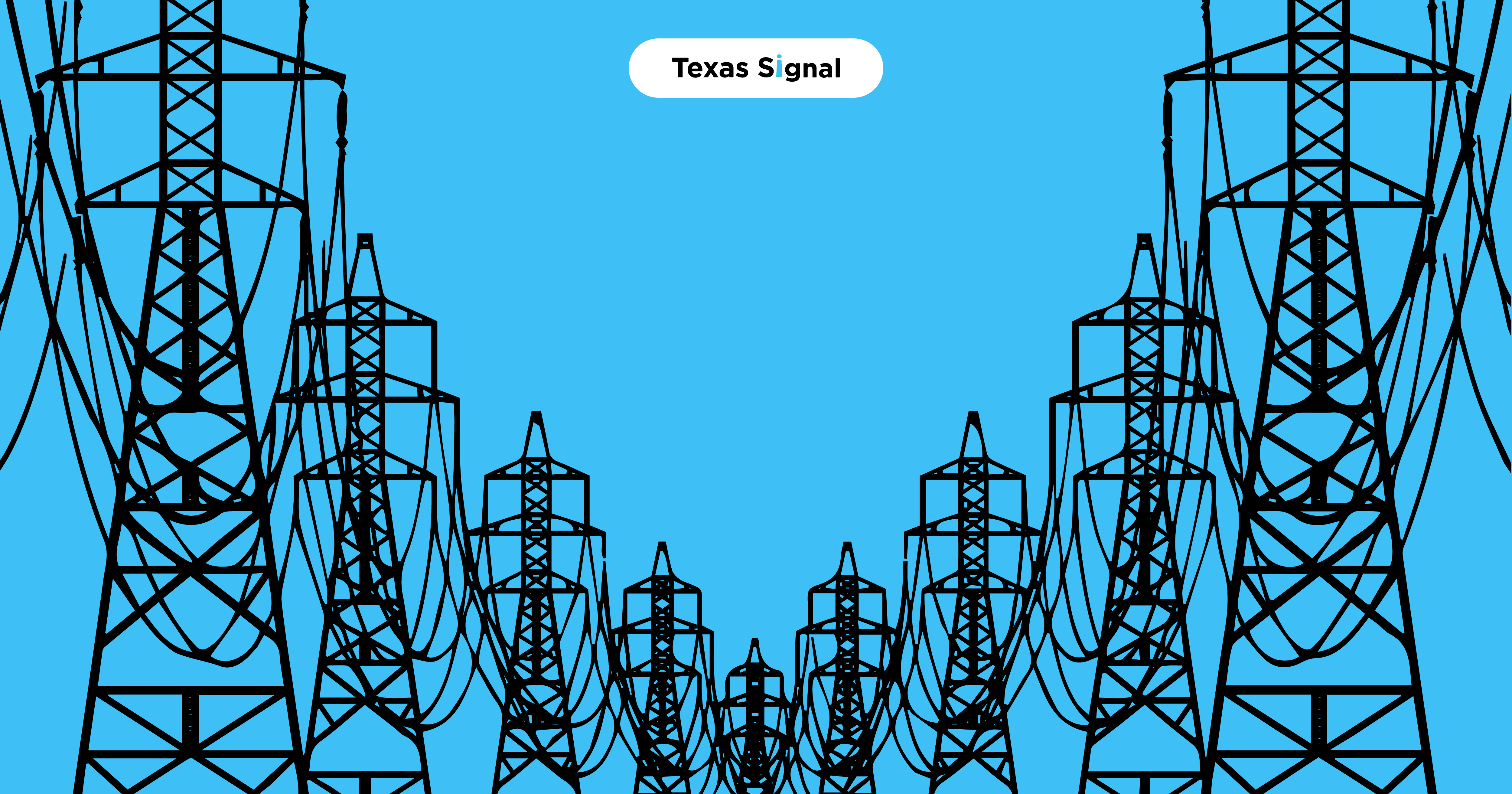Federal officials released more than two dozen recommendations on Wednesday aimed at preventing the Texas electrical grid from failing again as it did in February. The blackouts, which were the result of freezing temperatures wrought by Winter Storm Uri, left millions of Texans without power for days and killed over 200 people.
The preliminary report was put together by staff from the Federal Energy Regulatory Commission (FERC) and the North American Electric Reliability Corp (NERC). “This time, we must take these recommendations seriously, and act decisively, to ensure the bulk power system doesn’t fail the next time extreme weather hits,” said FERC chairman Richard Glick. “I cannot, and will not, allow this to become yet another report that serves no purpose other than to gather dust on the shelf.”
Glick was referring to previous warnings made by federal officials in regard to the vulnerability of the Texas grid. In 2011, a milder cold snap caused blackouts throughout the state. In response, FERC/NERC issued a 357-page report recommending that Texas take steps to winterize natural gas facilities and other key energy infrastructure. However, the state never heeded this advice.
The report said that freezing issues were the single biggest factor, accounting for 44 percent of the problem. Fuel supply issues were the next biggest factor at 31 percent and the vast majority of this was related to natural gas. Freezing and power outages affected natural gas wellheads and gathering facilities, which in turn reduced the supply to processing facilities that were also encountering similar freezing and power problems.
To prevent such an occurrence from happening again, the report made 28 recommendations including improving reliability standards, winterizing natural gas infrastructure, and compensating generator owners for the cost of winterization. While the report did not speak to whether Texas should integrate with the national grid to be better able to import power, Glick has previously called on the state to “rethink” its “go-it-alone approach.”
FERC Commissioner Mark Christie, a former Virginia regulator, highlighted the issue of how Texas requires producers to provide power during emergencies, or rather how it doesn’t. Unlike other grid operators, ERCOT doesn’t pay providers to ensure a steady supply of power during tough times and instead relies on scarcity pricing. In other words, Texas depends on the increase in prices that result from a shortage to incentivize companies to generate power. Christie said that this setup was “an accident waiting to happen, and it happened in February.”
This is an early step in the federal government’s investigation into the February blackouts and the final report is expected in November. Whether Texas will actually listen to their advice this time remains to be seen; the whole point of operating its own grid is to avoid federal regulation. Given the Texas legislature’s previous lackluster attempts at reform, don’t hold your breath
William serves as the Washington Correspondent for the Texas Signal, where he primarily writes about Congress and other federal issues that affect Texas. A graduate of Colorado College, William has worked on Democratic campaigns in Texas, Colorado, and North Carolina. He is an internet meme expert.





